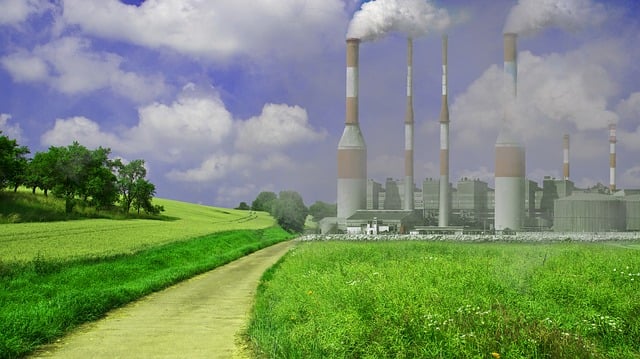What is circular economy?
The circular economy is a transformative economic model that mirrors the regenerative cycles found in nature. Unlike the traditional linear “take-make-dispose” approach, it operates on the principles of sustainability and efficiency, aiming to redefine our relationship with resources and waste.
At its core, the circular economy emphasizes the continual use, reuse, and regeneration of materials and products. Instead of being discarded at the end of their life, resources are kept in circulation within closed loops, reducing the need for extraction of finite resources and minimizing environmental impact.
This innovative paradigm encourages businesses and consumers alike to think beyond the conventional boundaries of ownership and consumption. It promotes strategies such as product longevity, repairability, and remanufacturing, ensuring that items serve their purpose for as long as possible. Additionally, it advocates for the development of innovative technologies and business models that enable the recovery and recycling of materials, thus creating new value from what was once considered waste.
Crucially, the circular economy fosters collaboration across sectors and disciplines, recognizing that achieving systemic change requires collective effort. It inspires the redesign of entire systems, from supply chains to urban infrastructure, with sustainability and resilience in mind.
Ultimately, the circular economy offers a compelling vision for a future where economic prosperity is decoupled from resource depletion and environmental degradation. It represents not only a shift in how we produce and consume goods but also a fundamental reimagining of our relationship with the planet. These principles of circular economy form the foundation of a new economic paradigm—one that celebrates creativity, collaboration, and interconnectedness. In the circular economy, waste becomes wealth, and scarcity gives way to abundance. It’s a vision of a world where prosperity is not measured by material possessions but by the health and vitality of our communities and ecosystems.
What are the Key principles of the circular economy?
- Ecosystemic Synergy: In the circular economy, businesses, communities, and ecosystems collaborate in a harmonious dance of resource exchange. Imagine a forest where every organism contributes to the health of the whole; similarly, in the circular economy, entities collaborate to create mutually beneficial relationships where waste from one process becomes nourishment for another.
- Design Alchemy: Rather than viewing waste as a problem, the circular economy sees it as a potential resource waiting to be transformed. Designers become alchemists, weaving magic into products that are not only functional and beautiful but also regenerative. They craft materials and systems that regenerate themselves, closing the loop and minimizing the need for new resources.
- Resilience by Diversity: Just as biodiversity strengthens ecosystems, diversity in products, materials, and business models fortifies the circular economy against shocks and disruptions. By embracing a diverse range of solutions, from decentralized manufacturing to community-led initiatives, the circular economy builds resilience into the fabric of society, ensuring that it can adapt and thrive in the face of uncertainty.
- Mindful Consumption: In a world inundated with choices, the circular economy encourages mindful consumption. It invites individuals to pause and reflect on the true value of the products they buy, considering not only their immediate utility but also their long-term impact on the planet. By fostering a culture of mindful consumption, the circular economy empowers individuals to vote with their wallets, supporting businesses that prioritize sustainability and ethical practices.
- Regenerative Culture: At its heart, the circular economy is not just about redesigning systems and products; it’s about fostering a regenerative culture that honors the interconnectedness of all life. It’s about recognizing that we are not separate from nature but deeply intertwined with it. By embracing a regenerative culture, we can co-create a world where every action, whether big or small, contributes to the flourishing of all beings on this planet.




